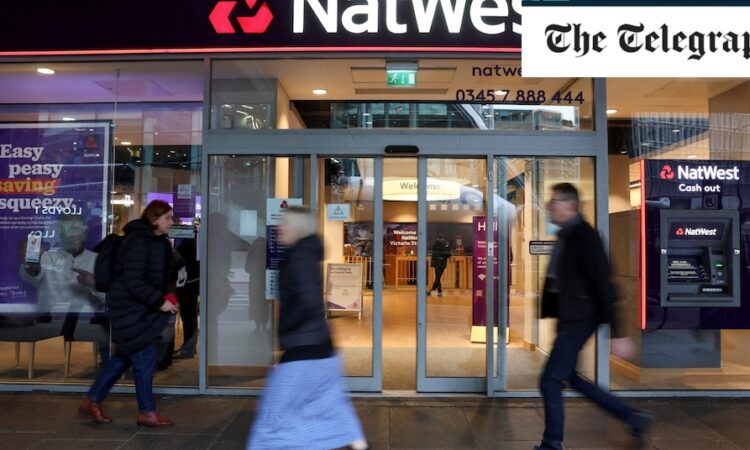
Nationwide was so desperate to consummate that union that it was willing to destroy its carefully crafted mutual credentials by refusing to give members a vote on it.
It wasn’t that long ago that Branson’s people were touting themselves as “a genuine alternative to the large incumbent banks”.
Now the mantra appears to be “if you can’t beat ’em, join ’em”.
That leaves a succession of tech-led start-ups such as Atom, Starling, Monzo and others that have nibbled away at the edges but essentially remained fringe players.
The basic premise of all these ventures was essentially that sparkling new apps, decent service and providers that weren’t tarnished by scandal would persuade hordes of disillusioned customers to jump ship.
Yet, more than 15 years after the financial crash, the hold that Lloyds and its chief rivals have over current accounts, mortgages, and personal loans, remains roughly unchanged.
The unassailable obstacle is that ultimately retail banking is a game of scale.
The minnows can’t compete
The bigger you are, the cheaper the funding, the easier it is to invest and to sustain on thin margins.
It means the minnows can’t compete (these are the same barriers to entry that have blighted the energy market and ended in a catalogue of costly collapses).
In the never-ending yet largely elusive search for meaningful profits, the challengers are forced to explore ever racier areas of finance where risks are much higher.
It is one of the reasons that Revolut – still waiting on a banking licence three and a half years after applying for one – has expanded into crypto-trading and the unregulated buy now, pay later market.
The only thing that can be said about the challenger bank experiment is that it’s forced the incumbents to up their game on technology and service, albeit from the lowest of bases.
So in that sense, consumers have benefited from competition – but it hasn’t changed the structure of the market.
On the contrary, having sharpened up aspects of their offering, the competition has arguably made the big beasts more formidable – the precise opposite of what was intended.






